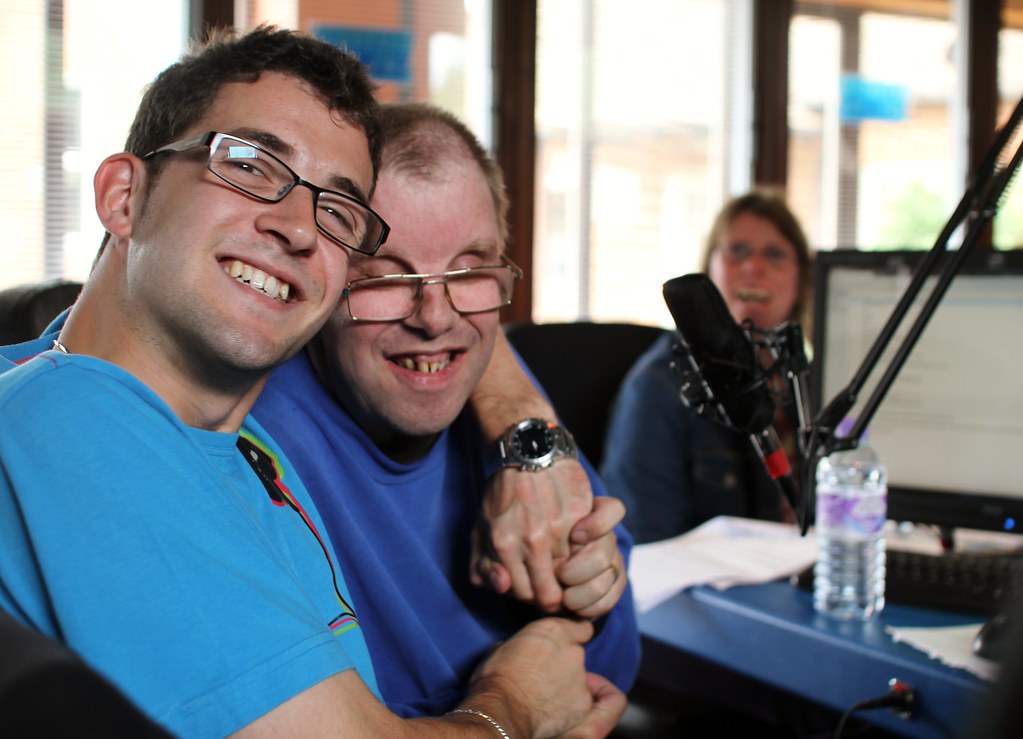Limited. Incapable. Delayed. Can’t manage. Can’t cope. Can’t do. It is an eternal language of pessimism, assumption and judgment.
My issue is simple. I despise the social stigma associated with the term ‘disability’ suggesting ‘inability’. As disability advocate Stella Young so aptly tweeted, “You guys do realise that the antonym for ‘ability’ is ‘inability’ right? ‘Disability’ is a whole other thing. A completely neutral thing.”
Disability is a strong identity. In Victoria, the Disability Act (2006) defines ‘disability’ as encompassing developmental delays, intellectual disabilities, and sensory, physical and neurological impairments or acquired brain injuries. However, the spectrum within disability is ignored. Whilst a disability may alter the course and mode of one’s life, it is not their sole identity. The term does not consider the strength, determination and motivation of the individuals nor their viewpoints, humour, and personalised quirks.
Among youth, mental health issues, particularly stress and anxiety, are universally common. I hold great regard for the significance of mental health issues, realise they can affect a wide range of people and would never wish to silence their suffering. Yet I do sometimes wonder whether stressed-out students take a step back to lighten their load and appreciate walking, talking, and being able to learn what they want to when they please. In a world of progression, the staggeringly high depression rate among students is frightening and may be attributed to their being in a bubble of oblivion to anything and everything outside the competitive jobs race. We live in an era where the illusion that everything is possible and easy is promoted, and this can cultivate a false sense of despair.
Just imagine and acknowledge, without pity, the daily life of our peers with ‘disabilities’. Self-care, spatial awareness and independence are just some challenges of adversity that they vigorously grapple with and learn to overcome. How? Because unlike us so-called ‘fully-abled’ ones who so often take life for granted, they have been challenged every day for as long as they can remember. A small step can signify a big challenge for someone in a wheelchair. A short exam can signify a large task for a stressed-out student. But we need to question our perspective.
I am honoured to be closely connected to a person with a ‘disability’. A person who fights for their views, fights for their health and remains the most compassionate, kind-hearted person in my life. They are a person of pure quality, a rare find with an interesting gaze over what can be an unfair world. I don’t need to use the cliché that eternal optimism is the answer, because it’s not. What is, is utter perseverance despite ongoing battles, no matter how big or small they may seem to the outsider. It’s continual learning of how to manage and improve despite ongoing struggles.
Regardless of their ‘disability’ tag, their apparent and not-so-apparent limitations, in my eyes, show no ‘inability’. Instead, it is an ‘ability’ to live life caring for what really matters – people and health. It is an inaccurate assumption that ‘disability’ equals ‘inability’.
An individual with a ‘disability’ will often be quizzed on what they can’t do and how it limits them. Much more rarely are they asked how they achieve their goals and succeed in happiness, love and life. We all need to consider and learn that people are more than just their tag.
‘Disability’ is not just neutrally significant, it is both a demand and an opportunity to be an exceptional individual. This lack of ‘inability’ should be recognised and respected.


What a beautifully written article and we need to celebrate the gifts and talents of people with disability, not focus on deficits
Wonderful sentiment Katerina but we do need to move on from the ‘them’ and ‘us’ language. People with disability are just that “people”; some good, some bad, some amazing, some ordinary. I am sure that like me, you and many others hope is that Australia will move up the ladder of advantage for persons with disabilities and that maybe the NDIS will support that as choice and control become a reality for more people. Go Stella!!